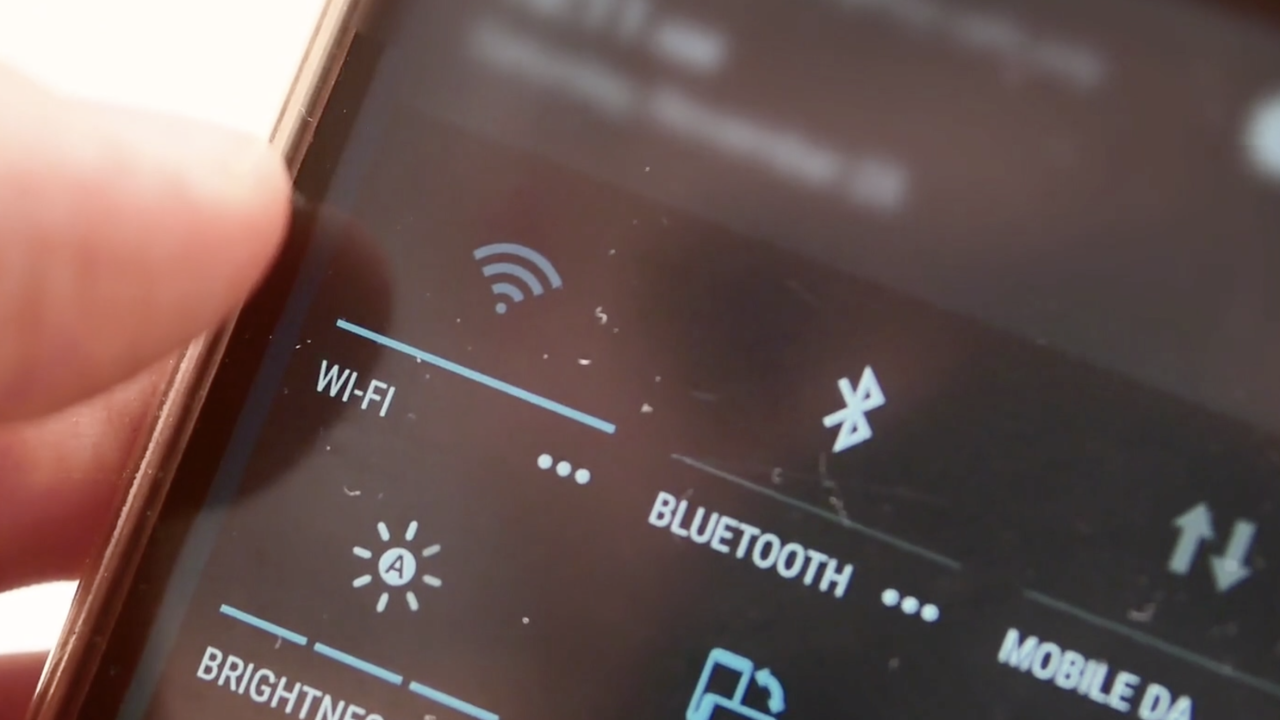There’s a new bill roaming the halls of Congress in D.C. that says its purpose is “to prohibit a State or political subdivision thereof from providing or offering for sale to the public retail or wholesale broadband internet access service."
Although this sounds like a ban on public Wi-Fi networks, the bill's sponsors say they want to improve public access to Wi-Fi.
“At the end of last year, we provided more than $10 billion to get broadband to unserved areas and Americans, more than $3 billion to help low-income Americans stay connected and funded our broadband mapping initiative. This committee must come together to oversee the implementation of these programs and make sure that money is going where it’s needed to help Ohioans,” said Rep. Bob Latta, R-Ohio.
Latta is a member of the House Committee on Energy and Commerce and a supporter of the legislation. In another statement, Latta said this bill is part of a package of new legislation that will help power the US to new levels of broadband infrastructure.
However some cities that already have public broadband say its some of the best in the business.
“If we deployed fiber optics across the community to do a smart grid, we could also deliver world-class internet, telephone, and TV service,” said J. Ed Martsen, who works for EPB, a public utility owned by the city of Chattanooga, Tennessee.
More than a decade ago, the city installed a fiber optic network to create a smart grid. Today they are lauded as one of the best public Wi-Fi options in the US.
“The goal was ubiquitous across the whole area,” he said.
Martsen says it has incredible economic benefits as well.
“During the first 10 years of the deployment, we’ve seen about $2.76 billion in community benefit from the fiber optic network,” he said.
Citing a study from the University of Tennessee, Chattanooga, Martsen says the network has helped create and retain almost 10,000 jobs and lower unemployment rates than the rest of the country.
The network also provides internet to 12,000 low-income students free of charge.
Muninetworks.org list 63 cities with public-owned fiber networks across the country and 63 communities with public-owned cable networks reaching most or all of the community.
There are almost 20,000 incorporated communities across the US. If this bill were to pass, none of them would be legally allowed to build public broadband networks.


